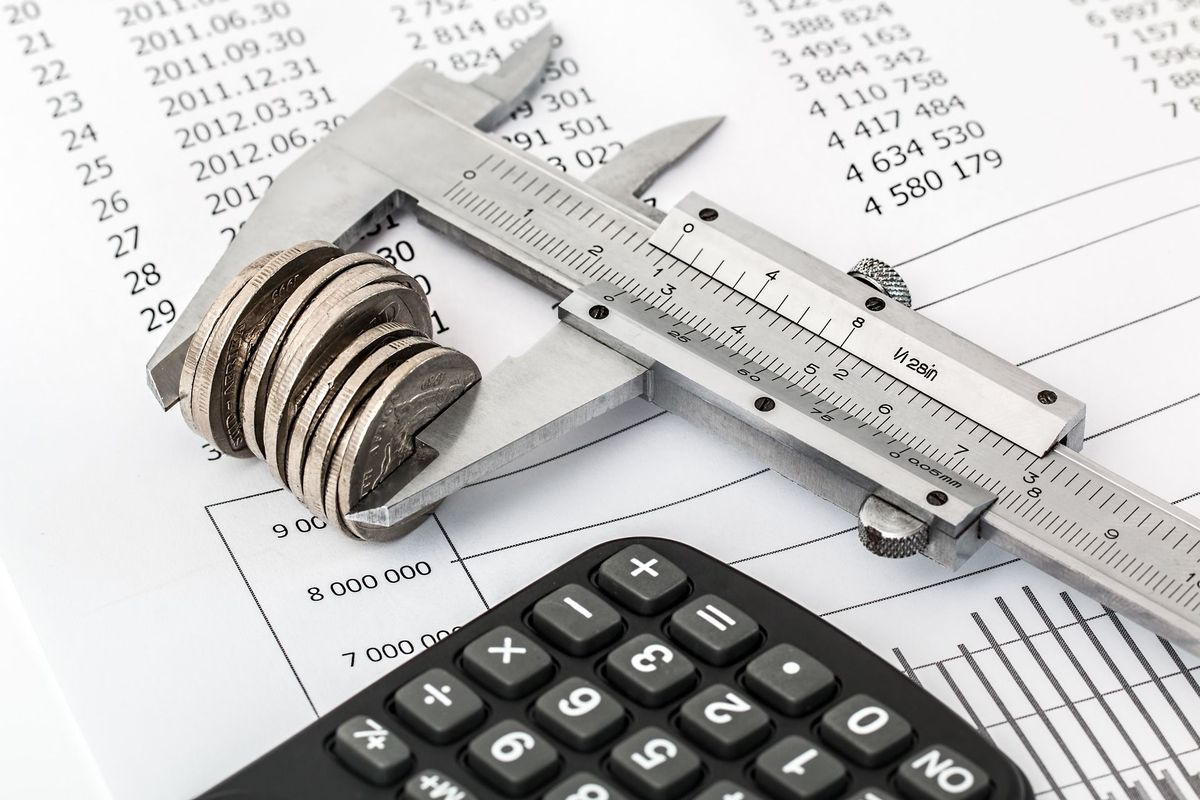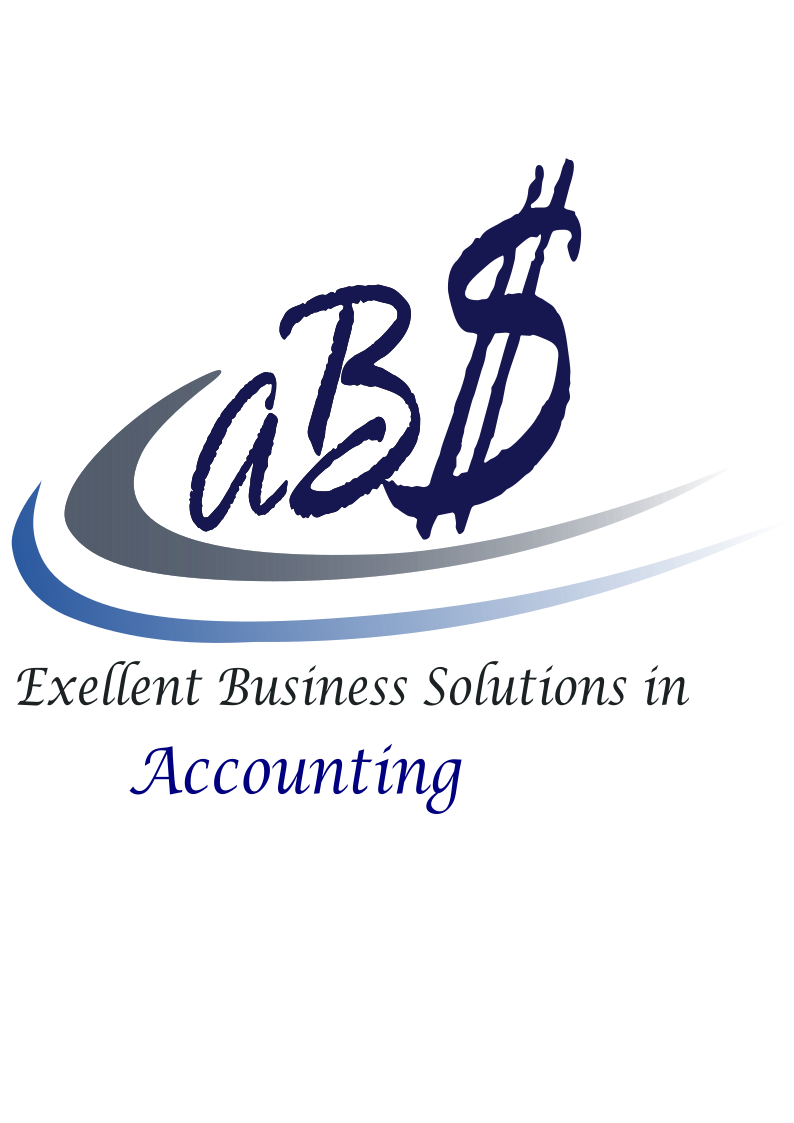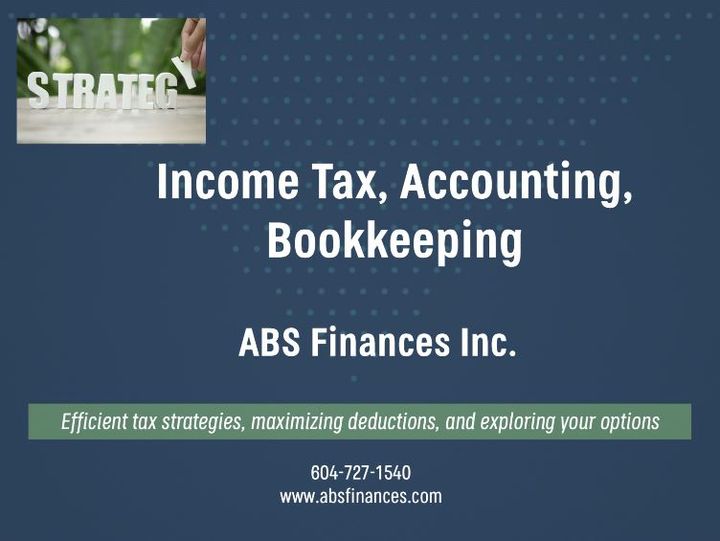Canadian Small Businesses guide - expenses

Business expenses are costs incurred for the purpose of generating income in a business, and should be supported by documentation such as invoices, receipts, or vouchers. It's important to obtain these records, especially when paying in cash. Please keep in mind that all expenses should be related to running the business.
Types of operating and non-operating expenses that are tax-deductable:
Advertising expenses
- advertising, including in Canadian newspapers, television, and radio stations, as well as finder's fees
Additional considerations:
However, there are certain limitations on the amount that can be deducted for advertising in periodicals. If the advertising is directed to a Canadian market and the original editorial content in the issue is 80% or more of its total non-advertising content, the full expense can be deducted.
If the original editorial content is less than 80%, only 50% of the expense can be deducted.
Expenses for advertising directed mainly to a Canadian market through a foreign broadcaster, however, cannot be deducted.
Bad debts
- the amount of money a business is unable to collect from its customers due to their inability to pay
These expenses are recorded when a business writes off a receivable as a bad debt, indicating that it does not expect to collect payment for the goods or services it has provided.
This is a non-operating expense for a business and is usually recorded as a reduction of sales or accounts receivable.
Business tax, fees, licences, dues, memberships and insurance
- business licenses
- taxes
- insurance expenses (commercial insurance premiums for buildings, machinery)
- annual dues or fees for maintaining membership in trade or commercial associations
Additional considerations:
Dues for club memberships, however, are not deductible if the main purpose of the club is to provide dining, recreational or sporting facilities for its members.
Interest and bank charges
- interest paid on loans taken out to run the business
Additional considerations:
There is a limit on the interest that can be deducted for loans taken out to buy a passenger vehicle and on vacant land.
Please review more in the Guide T4002, Business and Professional Income or contact us for assistance
Delivery, freight and express
Delivery expenses of transporting goods from a business to its customers
- shipping materials
- packaging and labor
Freight costs of transporting goods via land, sea, or air
- cost of hiring a freight carrier
- fuel
- insurance
- customs fees
Express expenses of costs of providing expedited shipping services to customers
- rush fees
- overnight shipping charges
Additional considerations:
Businesses may charge customers separately for the delivery, freight or express expenses as part of the final sale price.
Maintenance and repairs
- Maintenance and repair costs, including labor and materials (for minor repairs done to property used to earn income)
Additional considerations:
You cannot deduct costs you incur for capital repairs. Instead, you may be able to claim Capital Cost Allowance (CCA) on repaired property as it generally provides a lasting benefit or advantage.
Meals and entertainment
- food, beverages, and entertainment (50% of either the amount incurred or an amount that is reasonable in the circumstances, whichever is less)
Additional considerations:
This 50% limit also applies to meals incurred while traveling or attending conventions, conferences or similar events, with some exceptions.
More information on these limits and options can be found in guide T4002 Business and Professional Income and Interpretation Bulletin IT-518R Food, Beverages, and Entertainment Expenses. You can also contact us for assistance.
Motor vehicle expenses
You can claim tax deductions for expenses incurred while operating a motor vehicle used for business purposes.
However, the type of vehicle and the expenses incurred may be subject to certain limits or restrictions.
- fuel
- maintenance and repairs
- insurance
- registration
- licensing fees
- capital cost allowance
- interest on loans used to purchase the vehicle
- lease payments
- vehicle allowances (please read my article about tax-free motor vehicle allowances)
Additional considerations:
You can claim tax deductions for expenses incurred while operating a motor vehicle used for business purposes. However, the type of vehicle and the expenses incurred may be subject to certain limits or restrictions (motor vehicle, passenger vehicle)
However, in order to claim these deductions, the expenses must be reasonable and supported by receipts. For more information, refer to the Canada Revenue Agency's guide T4002 on Business and Professional Income or contact us for assistance.

Office expenses
- website hosting services
- annual software subscription services
- domain names
- merchant fees
- office phone systems
- internet hosting fees
- janitorial and cleaning services
- office utilities (electricity, gas, oil, phone service, water and sewer if not included in rent category)
Office stationery and supplies
- short-term refilled or replaced items used for operation of your business
- pens and pencils
- paper, printer ink, clips, staples
- stationery
- stamps etc
- paper towels
- invoices and sales receipts
- storage lockers
- paper plates, paper towels, and plastic utensils
- break room supplies (including beverages)
- drugs and medication used by a veterinarian
- cleaning supplies used by a plumber. If you run a daycare, these include
- household supplies that children use and food you buy to feed the children if you run a daycare
Additional considerations:
You cannot deduct expenses for capital items such as calculators,
filing cabinets, chairs, furniture or equipment and desk. More information on these deductions can be found in Guide T4002, Business and Professional Income or contact us for assistance.
Professional Fees - fees for external professional advice or services.
- accounting (bookkeeping, preparing and filing GST/HST, PST, processing payroll, tax returns etc)
- legal
- Management and administration fees
- consulting
Property taxes
- property taxes you incurred for your rental property for the period it was available for rent (property taxes for the land and building where your rental property is situated)
Prepaid expenses
- expense you pay ahead of time
Additional considerations:
Those expenses can be claimed in the year they are incurred if using the accrual method of accounting.
Rent
- costs associated with leasing or renting a property or space:
- office space
- warehouse
- commercial property
- rent paid for property for example the land and building where your business is situated
Business use-of-home expense
- capital cost allowance
- heat
- electricity
- mortgage interest (under specific circumstances)
- insurance
- maintenance costs
- property taxes
Portion of your home as a workspace, as long as it meets either of the criteria:
- being your primary place of business
- being used exclusively and regularly to meet with clients, customers, or patients
Additional considerations:
The portion of the expenses that can be claimed can be determined by using a reasonable method, such as the ratio of the workspace to the total area of the home.
If the space is used for both personal and business purposes, the claim can be calculated by determining the percentage of time the space is used for business and applying that percentage to the total home expenses.
If the business is not operated full-time, the claim should be adjusted accordingly.
Salaries, including employer’s contributions
- cost of paying salaries to your employees, including employer contributions
Additional considerations:
This information should be reported by the end of February using a T4 or T4A statement, and for further guidance on these slips, consult the T4001 Employers' Guide - Payroll Deductions and Remittances or contact us for assistance.
Subcontracts
- labor costs
- materials
- any other costs associated with the subcontractor's work
Additional considerations:
Those expenses refer to the costs incurred by a company when it hires another company or individual to perform a specific task or service as part of a larger project.
These expenses are typically recorded as a separate line item in a company's financial records, and are typically considered a cost of goods sold (COGS) for accounting and tax purposes.
Start-up costs
To deduct a business expense, you need to have carried on the related business in the fiscal period in which the expense was incurred. Because of this, you have to be clear about the date your business started.
For more information, see Interpretation Bulletin IT-364, Commencement of Business Operations, or Guide RC4022, General Information for GST/HST Registrants or contact us for assistance
Travel expenses
- public transportation fares
- hotel accommodations
- meals and entertainment (50% limit)
Additional considerations:
There are additioanl information provided in my article dedicated to this matter

Telephone and utilities
- telephone
- gas
- oil
- electricity
- water
- cable
Additional considerations:
Do not deduct the basic monthly rate of your home telephone. However, you can deduct any long distance telephone calls you made on your home telephone for your business. If you have a separate telephone for business calls only, you can deduct its basic monthly rate
If you require any help or assistance with filing tax returns for your small business, please reach out to us.
Disclaimer:
“Please note that the information provided in this article is of a general nature and may not be accurate for your specific situation. The information is current as of the date of posting and is not intended to provide legal advice. It's always recommended that you consult with a professional accountant and lawyer for personalized guidance and advice."



